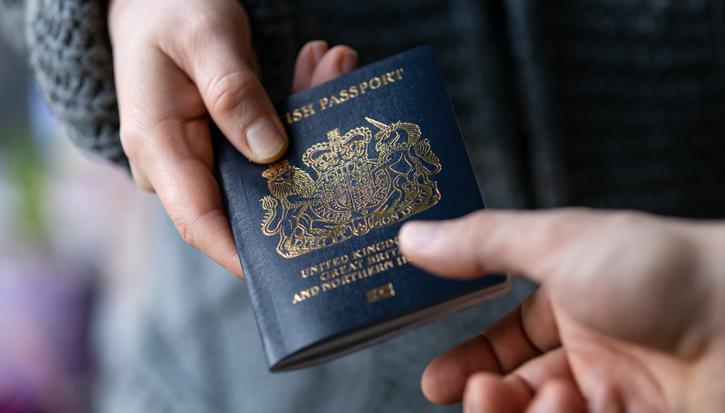In-work poverty in the recession
Article
The share of poor households accounted for by working households has been increasing in the UK over the last decade, with more than half of poor children living in working households before the recession.
Analysts had thought that this trend might be reversed by the recession, as low earners lost their jobs and swapped in-work poverty for workless poverty. However, our analysis shows that this had not happened by March 2009 and that in-work poverty continues to account for a rising share of poverty. This creates a key challenge for the Coalition government as it sets out its plans for welfare reform and develops its child poverty strategy.
This note presents new data explaining what has happened to in-work poverty since the recession began, using newly released data covering the period April 2008 to March 2009.
Related items

Women in Scotland: the gendered impact of care on financial stability and well-being
Women in Scotland are far likelier than men to take on childcare and other caring responsibilities, which puts them at an economic disadvantage.
Citizenship: A race to the bottom?
The ability to move from temporary immigration status to settlement, and ultimately to citizenship, is the cornerstone of a fair and functional immigration system.
Reflections on International Women's Day 2025
In a world that currently seems increasingly dominated by ‘strong man’ politics and macho posturing, this International Women’s Day it seems more important than ever to take stock of where we are on the representation of women in politics.